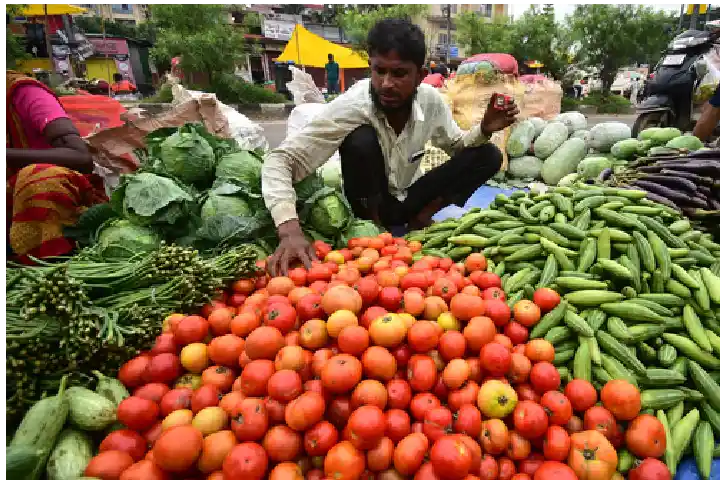With the inflation based on the consumer price index touching 7.44 per cent in July up from 4.87 per cent in May, India may look at increasing imports of key food items with a view to containing prices. The surge in CPI has been driven by food prices. An official source told India Narrative that the government’s primary focus now is on containing food inflation. One of the reasons for the spike in food prices is the uneven rains leading to supply chokes.
Import duties of key food items could be slashed or even brought to nil to ease sourcing.
India is already considering either reducing or even abolishing import tax on wheat which is at 40 per cent, in an attempt to boost supplies. The source added that though India is looking at imports from a host of countries, efforts are on to tap the neighbouring nations for logistics convenience.
Earlier Finance Minister Nirmala Sitharaman said that the government will import Tur dal (split pigeon pea) from Mozambique and Myanmar. Though India has sufficient stock of moong dal (green gram), the government has started to take steps to ensure that the distribution of the same is even to rule out shortages. Sitharaman added that the government will also look into sourcing masoor dal from outside to add to the reserves.
Imports of tomatoes and potatoes are also on.
While Nepal is supplying tomatoes, India has decided to continue imports of potatoes from Bhutan.
The Ministry of Agriculture and Farmers Welfare issued a circular to its subordinate offices on August 4, saying that competent authority under it ‘approved the proposal of import of tomato fruits for consumption purpose from Nepal to India by following necessary phytosanitary conditions.’ Though as per the circular, the current provision will be open till October 31, sources said that if need be the market access will remain open for a longer period of time.
India has been importing potatoes from Bhutan as well. However, the import exemption was to end on June 30. But the Director General of Foreign Trade has extended the measure. As per the new import notification, imports of potatoes from Bhutan is permitted freely, without any license, up to June 30 2024.
Sources added that the supplies of food items are also expected to ease in the coming weeks as the climatic conditions settle.
The total sown area during the Kharif season this year stands at 733.42 lakh hectare compared to 725 lakh hectare last year. While sowing area of rice, maize and millets have increased compared to last year, it is a tad lower for pulses. According to official data released last month, the sowing of pulses was spread over an area of 85.85 lakh hectare, lower than 95.22 lakh hectare last year.
Prime Minister Narendra Modi, while addressing the nation on the 77th Independence Day speech, too took up the issue of inflation head on.
Promising to take more steps to contain prices, he said that though India is in a better position compared to the rest of the world, the government cannot be complacent.
“Today, the world is facing the crisis of inflation. Inflation has the entire global economy in its clutches…It is unfortunate that when we import goods of our necessity, we also import inflation,” he said.
“We can’t be content just because our situation is better than the rest of the world. I have to take more steps to see that the burden of inflation goes further down on the citizens of my country. We will take those steps and my efforts will continue,” the PM assured.




















